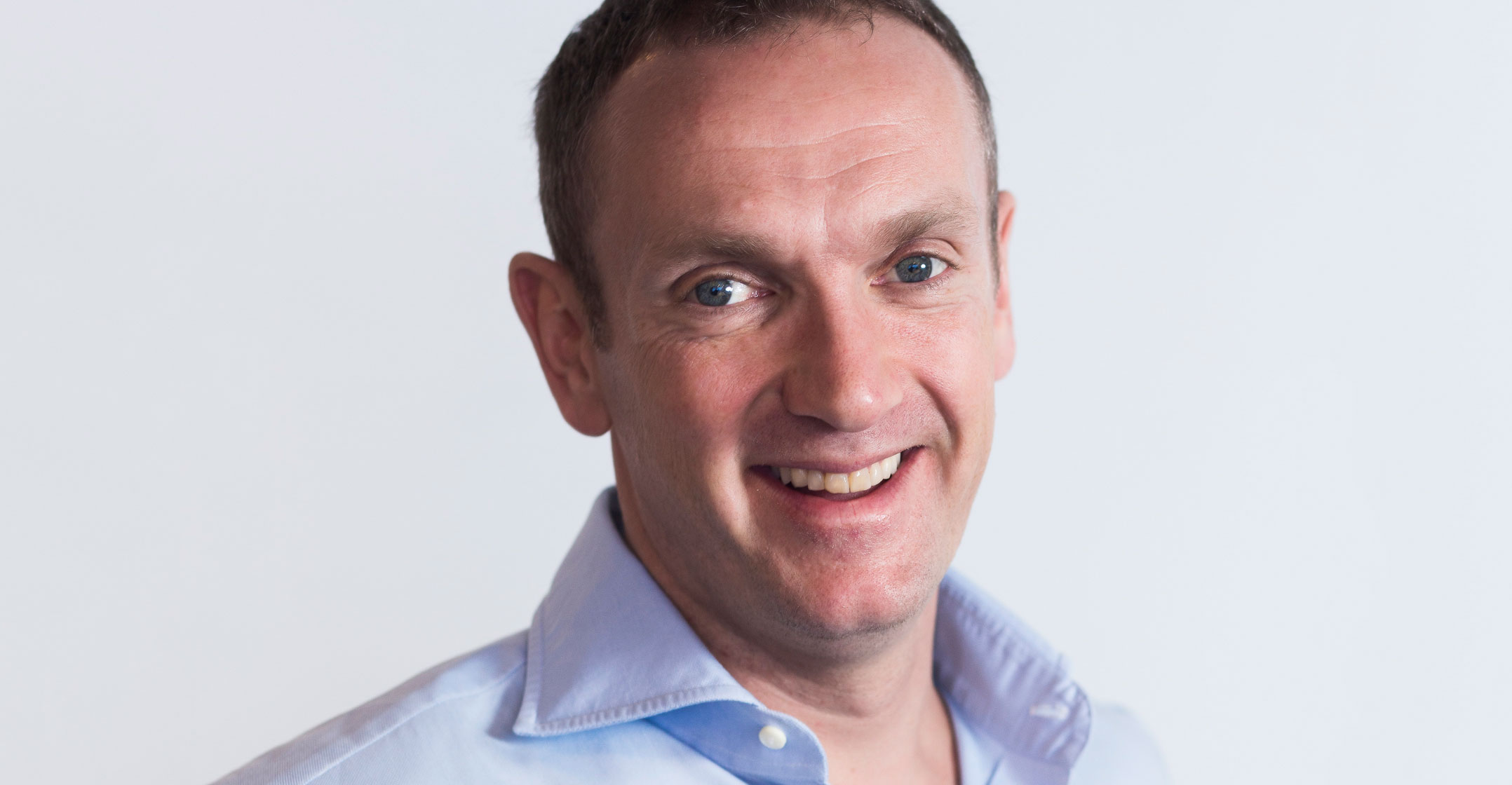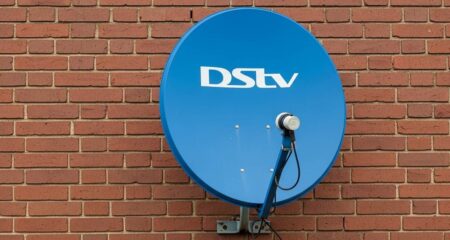
Naspers published interim results on Friday for the six months ended 30 September 2018. TechCentral editor Duncan McLeod spoke to group CEO Bob van Dijk on various aspects of the JSE-listed media and technology giant’s latest financial report.
Duncan McLeod: Firstly, I want to get your take on the US-China trade war and the impact you think that might have on Tencent. And how much of a worry are the problems Tencent is having in getting regulatory approvals for videogame titles and the other regulatory issues it is facing in China?
Bob van Dijk: I’d prefer to speak about this in general terms as Tencent is a listed company, and you should direct specific questions to Tencent. But in general terms, it’s hard to predict whether the meeting (between US President Donald Trump and Chinese President Xi Jinping) will make a difference. The reality is, if you look carefully at the revenue streams of a company like Tencent, there is very little dependence on cross-border trade… We expect the direct impact to be very, very limited. However, the trade war has been very negative for sentiment…
McLeod: The last time we spoke, we chatted a bit about the discount in Naspers shares relative to its stake in Tencent. You spoke of the need to try and find means to unlock that value. I know the announcement about the MultiChoice Group unbundling has since happened. Are there any further thoughts you could share around your thinking around how you might further unlock value for Naspers shareholders?
Van Dijk: Certainly. In the results we just announced, our largest area of investment in e-commerce — online classifieds — turned profitable. That’s a really important piece of news. We have always said this is an extremely attractive area of e-commerce where we see a lot of growth and cash-flow-generation potential. Now we have demonstrated that those investments have led to a profitable and fast-growing segment. So, this really is a milestone in the set of results we are showing here.
Then, I would say there are other things we are working on, such as the disposal of (our stake in India’s) Flipkart. That demonstrated a lot of diligence in our investment approach, and when we saw an opportunity for value realisation for our shareholders, we did so. We locked in an annual return on that investment of something like 29%. Those of the kind of things that will make a massive difference for our shareholders: recognition of our capital allocation. There are very few investment companies that can do those kinds of investments at the time that we do them. That’s fundamentally what we do well: we find great opportunities earlier than others, that big investment houses wouldn’t see, and crystallise the value at the right time.
There are other things we are thinking about. It’s not the right time to talk about them now, but we are considering further primary listings for part of the portfolio that could make a real difference, but we’ll have to come back to that at another time.

McLeod: You’ve stated in the past that you will retain a primary listing in Johannesburg. Is that still the case?
Van Dijk: Yes, that is still the case. It would be a primary listing as part of a portfolio, but it will not be a primary listing of Naspers — that will stay in Johannesburg.
McLeod: On the unbundling of MultiChoice, is there anything new to share, particularly in terms of timelines?
Van Dijk: We communicated previously that it would be in the first half of the new year. We are still working through the details of that, making sure that all the preparatory work is done well. What is pleasing to see is that the development path that MultiChoice is on is very encouraging. They have showed continued growth while managing their costs very well. That’s one of the reasons that gave us confidence that the company is ready for that standalone life and can continue to demonstrate good growth and be a really attractive asset for investors.
McLeod: The churn in the premium segment at MultiChoice has been blamed on factors other than competition — more to do with the macroeconomic environment. How do you determine it’s in fact macro issues and not people switching to alternative services?
Van Dijk: We ask our customers. When people unsubscribe, we ask them why (they are doing so) and they tell us. Some people say there is a real affordability issue in the country. Some people just find it hard to afford it. People are feeling the pinch. We are trying to mitigate this by adding other services, but at the end of the day it’s an affordability issue and there’s little we can do about it. People are typically very happy with the product, but customers are feeling the pinch.
McLeod: What about your traditional media business? It continues to underwhelm, relative to the rest of the group. How committed are you to that business? Might you sell it, or consider unbundling it in a stock market floatation or some other mechanism?

Van Dijk: Relative to the overall size of Naspers, it doesn’t move the needle. What is important to say is the company is well run and is making the transition from a traditional media company to much more an online media company, and they are doing this quite well. It’s a top priority for the entire Media24 group. If you look a little further out, and look at markets like China, you see that online news, and particularly personalised online news, is a huge growth market. Tencent’s own news products are really high-growth opportunities that are starting to be well monetised. If you look a few years out, the opportunity for personalised online news is a large one and Media24 is well positioned to pursue that.
McLeod: Regarding your announcement last month of Naspers Foundry and your plan to invest R1.4-billion in technology start-ups in South Africa (outside the Naspers stable), will that be a broad-based technology investment fund, or will you be looking for investments that fit in with Naspers’s strategic focus?
Van Dijk: One of the things that has served Naspers well has been to invest in areas that we know well. It will likely be consumer technology driven. There is unlikely to be an investment into hardware, which, frankly, we know very little about. Consumer technology will most likely be the direction for those investments. — © 2018 NewsCentral Media




